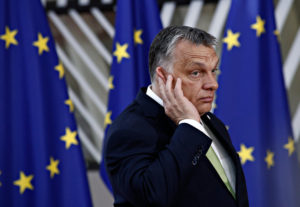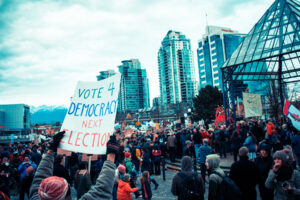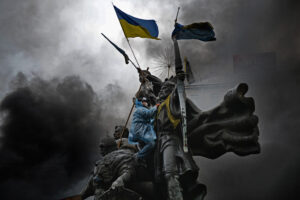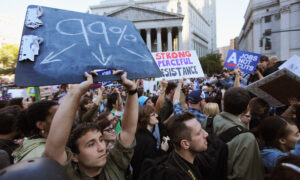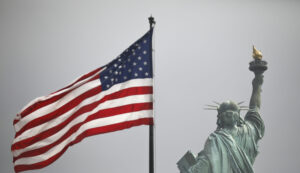

April 2024, Volume 35, Issue 2
The Liberalism of Refuge
Liberal societies are those which offer refuge from the very people they empower—through individual choice, mobility, and the possibility of exit. This is the form of liberty that most clearly elevates the liberal project.

